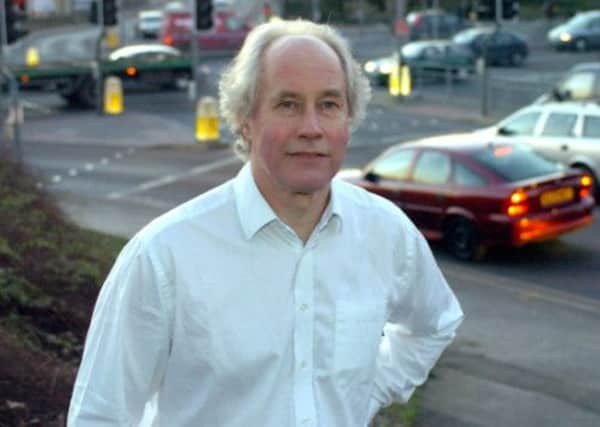Revealed: 1,000 council probes at Leeds care homes


Figures obtained under the Freedom of Information Act have revealed that in the last two years, Leeds City Council has conducted a total of 1,061 “safeguarding investigations” at adult care homes across the city.
And of those, 160 were in the most serious categories, which may have included “institutional abuse” and “a deliberate intent to exploit or harm and adult”.
Advertisement
Hide AdAdvertisement
Hide AdAs a result of the investigations, 18 care homes, which look after the elderly and other vulnerable adults, had their contracts with Leeds City Council suspended – 10 in 2011 and eight in 2012.
But all of those suspended in 2011 have now been reinstated. Two from last year have also been reinstated, while five remain suspended and one care home has closed.
Reacting to the figures, the chair of Leeds City Council’s Health and Wellbeing and Adult Social Care scrutiny board said they were a matter of concern.
Coun John Illingworth said: “I don’t see any reason why the figures should be that high and that is certainly something I’m concerned about. I shall be asking questions to find out more.”
Advertisement
Hide AdAdvertisement
Hide AdSafeguarding investigations are understood to be conducted when the council is made aware that a vulnerable adult may be at risk of harm through abuse or neglect.
Investigations are divided into four categories. Type one relate to isolated incidents which can be investigated by the service provider.
Type two involve a review of services and require an independent investigation.
Type three involve serious and complex investigations, which the council’s safeguarding guidelines state could “indicate a pattern of incidents or abuse” involving a single adult at risk. In 2011, there were 50 type three investigations, rising to 63 last year.
Advertisement
Hide AdAdvertisement
Hide AdType four investigations are of a similar nature to type three, but involve multiple at-risk adults and, like type three, may involve institutional abuse. Forty type four investigations were carried out in 2011, falling to seven last year.
Council bosses were not able to say which care homes had been investigated, but said “most if not all” were contracted to provide care for the authority.
A council spokeswoman said suspended homes would only have their contracts reinstated after demonstrating they had fully rectified any issues.
A Leeds City Council spokeswoman said: “The safety of our older people in care homes is of the highest importance, irrespective of whether they have been placed there by us or if they are paying for their own place. While the Care Quality Commission is responsible for regulating care homes, we keep a close eye on contracts and ensure that all conditions are being met.
Advertisement
Hide AdAdvertisement
Hide Ad“Where we have reason to suspend a contract, no new local authority residents will be given places at that home until the issue has been satisfactorily resolved. Existing residents will stay to minimise disruption to them, but only if we are happy there is no risk, but if this were the case places would be offered elsewhere.
“Our number one priority is their care and wellbeing. Should there be a need to reassess the continuing suitability of placements, we arrange for a voluntary organisation to help self-funders make decisions about their continuing care needs and how best they will be met. The vast majority of care homes in the city have now signed up to our new set of quality standards.”
In a decision unrelated to the investigations, eight council-run care homes in Leeds facing closure as part of budget were also named last week. They were Amberton Court in Gipton; Burley Willows in Burley; Fairview in Seacroft; Manorfield House in Horsforth; Musgrave Court in Pudsey; Primrose Hill in Boston Spa; Home Lea House in Rothwell, and Suffolk Court in Yeadon. The proposal is to transfer residents to other homes, or community-based organisations.